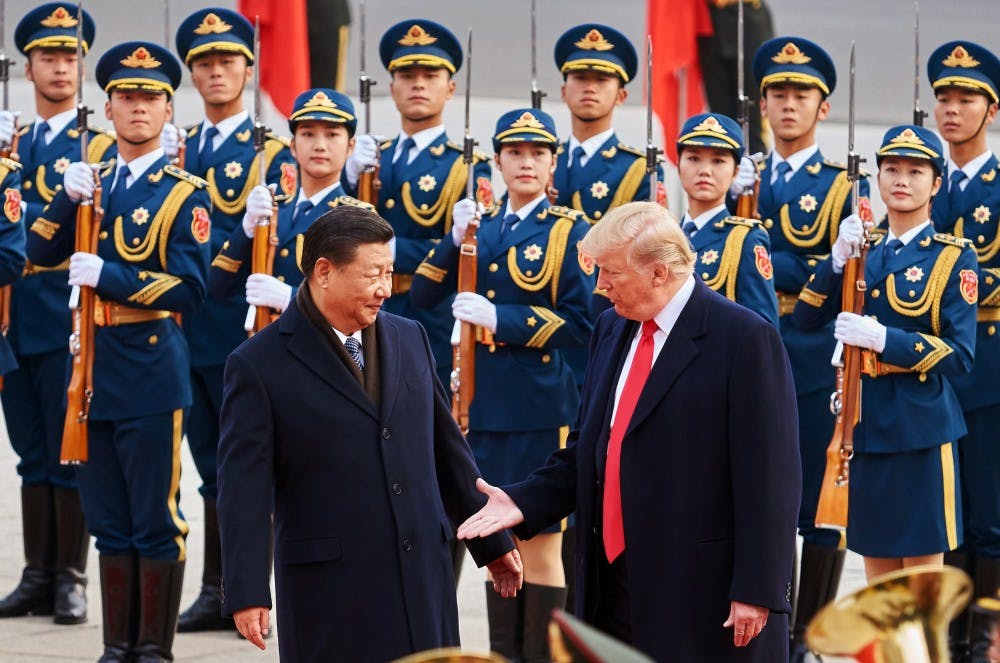“I disapprove of what you say, but I will defend to the death your right to say it.” These words fall on deaf ears in China. The People’s Republic of China officially banned hip-hop and actors with tattoos from all media outlets, stating that it only provides its people with content that lacks “morality.” In reality, the authoritarian government simply disagrees with the messages from hip-hop and is trying to limit speech even more in the country. This most recent violation of the human right to freedom of speech only goes to show the pressing matter that is China’s control over its people.
Over the past few years, China has grown anxious over hip-hop culture — the government has stopped Justin Bieber's tour in China, limited promotion of Grammy winning artists in China, and then sanctioned Chinese rappers PG One and GAI. Even after backlash from the public on these matters, China went through with this ban of hip-hop culture and tattoos in the media.
In order to be allowed in the media, an artist must now pass four requirements set up by China’s government: “Absolutely do not use actors whose heart and morality are not aligned with the party and whose morality is not noble. Absolutely do not use actors who are tasteless, vulgar and obscene. Absolutely do not use actors whose ideological level is low and have no class. Absolutely do not use actors with stains, scandals and problematic moral integrity.”
A huge take away from these requirements revolves around morality. Obviously, this morality is defined by the government, which still aims to have control over the people. While China’s government considers it within its power to define morality for its people, it does not even consider freedom of speech a human right. So, is China even a valid source of moral grounds?
Freedom of speech, without a doubt, is a human right. The ability for one to converse without fear of injustice for what they say must occur in a society in order for it to prosper. China’s government cannot restrict a culture of music and TV simply because said culture has lyrics about sex, drugs and alcohol. Just like prohibition does not cure alcoholism, censorship does not lead to perfect morality. The quote at the beginning of this article emphasizes the idea that freedom of speech should be protected, always and no matter what. This is not the case in China.
Even though this ban is upsetting, it is not the first time China has outright banned something from their media. In fact, China has banned the depiction of time travel from TV as well. Strict Chinese culture apparently just does not mix well with even the silly aspects of TV.
China obviously does not represent the key ideals in which human rights are protected. However, it should stop this foolish position of banning hip-hop culture simply because of vulgarity. Focusing on such trivial things takes away the credibility of the government.
While China is not an ally of the United States, if we continue trading with them and working with them on a global scale, we must set standards that other countries follow. Banning free speech is not a standard we should ever condone.

